Health Technologies
The segment of health technologies has a high degree of technological intensity. The global behavior pattern reveals that this sector invests more than average in innovation. In Brazil, according to the National Bank for Economic and Social Development (BNDES), the sector allocates approximately twice the national average to innovative activities. In addition, the companies are in close contact with other industrial segments, adding value to different production chains, such as polymers, high performance engineering plastics, printed circuit boards and fine mechanics, among others. In view of the aforementioned, the health industry is one of the top priorities of Rio Grande do Sul.
The healthcare market has been growing rapidly in Brazil. The constitutional right to universal and equal access to health established in the Unified Health System (SUS) ensures substantial and constant government spending in healthcare. In 2009, the Federal, State and Municipal governments allocated around R$ 79 billion (US$ 39 billion) to the SUS, while the private sector contributed approximately R$ 91 billion (US$ 45 billion).
Rio Grande do Sul’ hospital network has approximately 17,100 beds in large hospitals, of which 2,100 in intensive care units. Its healthcare institutions provide patients with high-complexity procedures and are a national reference in organ transplant, bariatric and metabolic surgery, cardiac surgery, interventional cardiology with implant devices, oncology, orthopedic implants and minimally invasive surgeries, among others. Rio Grande do Sul has 337 hospitals. Of these, 23 are in Porto Alegre.
The State depends on external supply to carry out its healthcare activities. Its four largest hospitals alone import approximately R$ 2 billion in equipment and software annually, since only 35% of the demand is supplied by national companies.
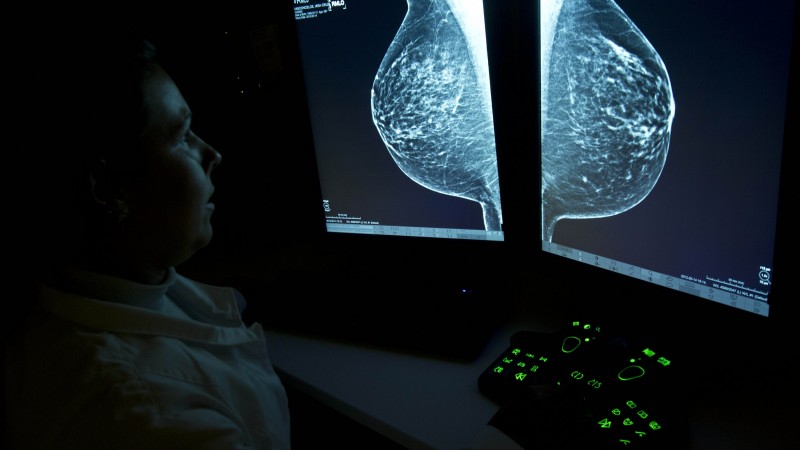 In Rio Grande do Sul, the industrial base of the health sector is mostly concentrated in the Metropolitan Region of Porto Alegre, although the cities of Passo Fundo and Pelotas are also major health hubs. The Metropolitan Region has public and private hospitals, laboratories, centers for research and development of new health technologies, and universities. These organizations favor the exchange of information and technical cooperation between hospitals and health companies.
In Rio Grande do Sul, the industrial base of the health sector is mostly concentrated in the Metropolitan Region of Porto Alegre, although the cities of Passo Fundo and Pelotas are also major health hubs. The Metropolitan Region has public and private hospitals, laboratories, centers for research and development of new health technologies, and universities. These organizations favor the exchange of information and technical cooperation between hospitals and health companies.
Rio Grande do Sul has 240 graduate courses in health-related areas for 16,000 new students every year. The State also offers 94 post-graduate programs in these areas, of which 16 achieved internationally recognized standards for performance excellence. In addition, there are more than 700 research groups related to the health industry, with specialties in the fields of biomaterials, biopolymers, diagnostic imaging, treatment systems, intelligent sensors and ophthalmology.
Another positive factor for the local health technology industry is the laboratory networks installed in Rio Grande do Sul. There are 286 laboratories associated to the RS Metrology Network, of which 217 comply with the requirements for the competence of testing and calibration laboratories established by the ISO/IEC 17025 standard. Of the total number of associated laboratories, 77 are accredited by the National Institute of Metrology, Quality and Technology (Inmetro).
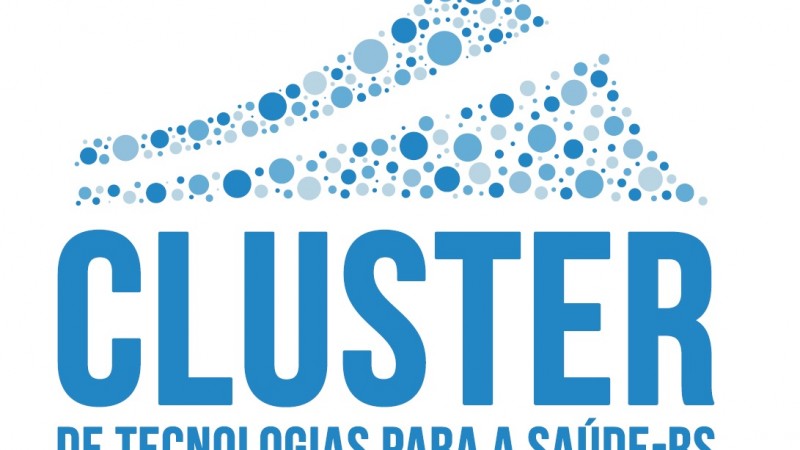 Established in 2015, the Cluster of Health Technologies-RS consists of more than 50 institutions and nearly 200 companies of the health sector spread throughout Rio Grande do Sul’s territory. The Cluster integrates universities, hospitals, companies, technological parks, incubators and other public and private entities that make business and develop new technologies for the medical-hospital sector.
Established in 2015, the Cluster of Health Technologies-RS consists of more than 50 institutions and nearly 200 companies of the health sector spread throughout Rio Grande do Sul’s territory. The Cluster integrates universities, hospitals, companies, technological parks, incubators and other public and private entities that make business and develop new technologies for the medical-hospital sector.
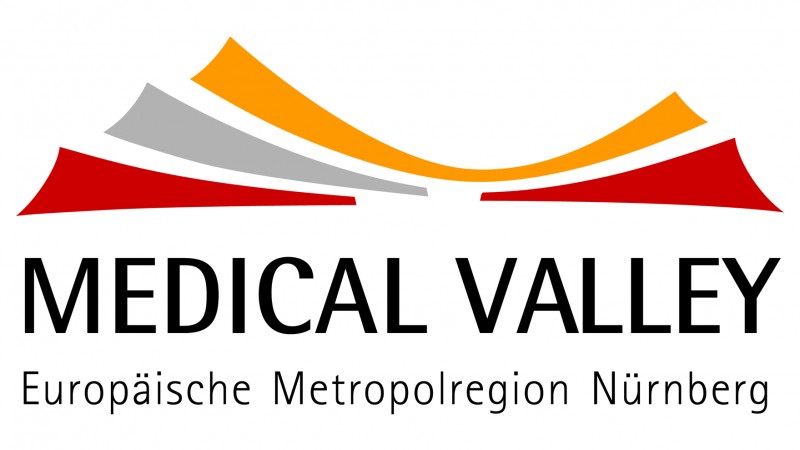 The first contract of the Cluster of Health Technologies was signed in 2016. The partner was the Medical Valley, based in Erlangen, Germany. The work plan for this 24-month agreement is divided into four axes: production of a consolidated study on the common areas of interest between the Cluster and the Medical Valley; commitment to hold events aimed to promote partnerships between companies and universities from Germany and Rio Grande do Sul; viability of strategic partnerships by the Medical Valley; and elaboration of a study containing a model for implementation of med tech incubators.
The first contract of the Cluster of Health Technologies was signed in 2016. The partner was the Medical Valley, based in Erlangen, Germany. The work plan for this 24-month agreement is divided into four axes: production of a consolidated study on the common areas of interest between the Cluster and the Medical Valley; commitment to hold events aimed to promote partnerships between companies and universities from Germany and Rio Grande do Sul; viability of strategic partnerships by the Medical Valley; and elaboration of a study containing a model for implementation of med tech incubators.
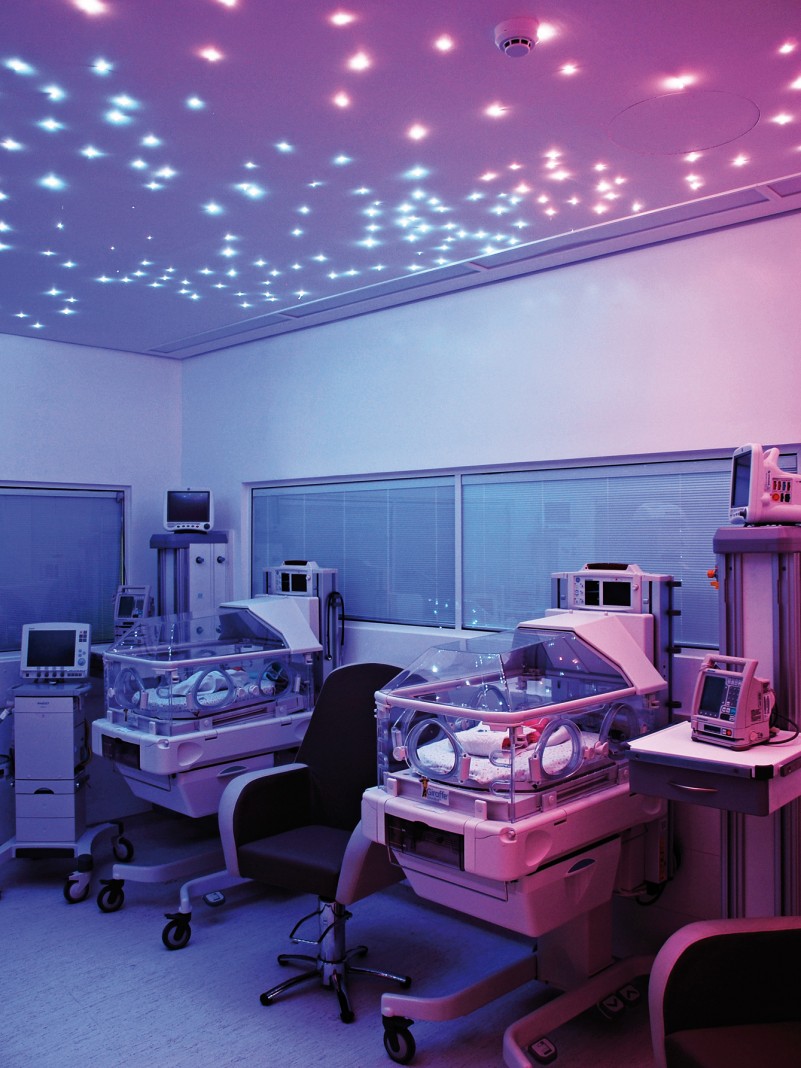 In addition to providing an environment that favors the development of business and the establishment of new companies, Rio Grande do Sul must pay close attention to demographic factors and behavior changes that will require new solutions, such as the growth of preventive medicine, as a result of the increase in the average life expectancy, and remote patient monitoring and medical services delivery. This new scenario will require new suppliers of drugs, equipment and software that will find an environment conducive to development in Rio Grande do Sul.
In addition to providing an environment that favors the development of business and the establishment of new companies, Rio Grande do Sul must pay close attention to demographic factors and behavior changes that will require new solutions, such as the growth of preventive medicine, as a result of the increase in the average life expectancy, and remote patient monitoring and medical services delivery. This new scenario will require new suppliers of drugs, equipment and software that will find an environment conducive to development in Rio Grande do Sul.
Sector Opportunities in Rio Grande do Sul
- Technology-driven solutions to address chronic and degenerative diseases associated with population aging.
- Nanotechnology and nanomedicine: There are nearly 30 research groups in the universities of Rio Grande do Sul dedicated to these areas, and there is great demand for technological and industrial solutions.
- Regenerative medicine: about 15 research groups in the universities of Rio Grande do Sul are dedicated to this subject.
- Cardiology: coronary stents, especially self-expanding
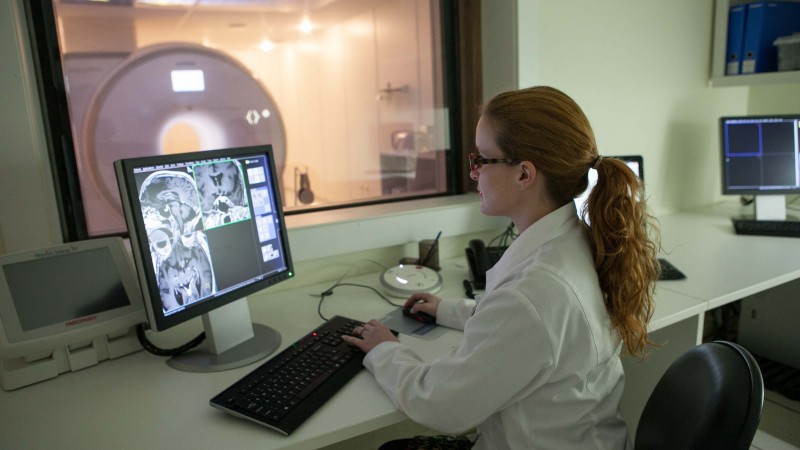 Neurosurgery: programmable valves; thin platinum wires, only 0.3 mm in diameter.
Neurosurgery: programmable valves; thin platinum wires, only 0.3 mm in diameter.- Orthopedics: development of coatings consisting of substances such as diamond-like carbon (DLC), titanium nitride, zirconia, alumina, polymeric materials for coating the components; manufacture of implants consisting of radiolucent polymers rather than metals.
- Rehabilitation area: manufacture of prostheses related to mobility and movement of arms, hands and fingers.
- Dentistry: prostheses and implants of greater durability – reinforced nano or microsized dental ceramic and resin composites; dental drills with synthetic diamond-coated tips; complex miniaturized electronic components.
- Telemedicine: software for the recognition of standards for care and pre-medical certificates; hardware to facilitate remote consultation; health education platforms.
Business opportunities for partnerships
Look for local opportunities.
